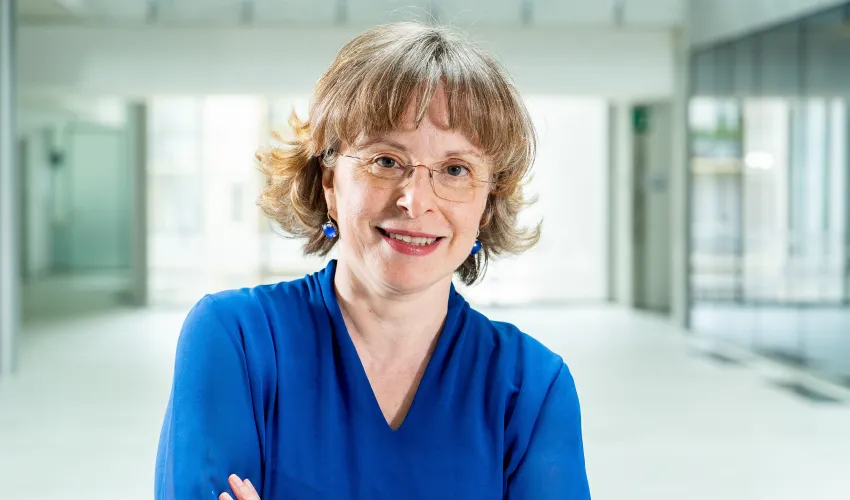
Lessons in Critical Thinking
The academic experience should ensure that aspiring professionals are made aware of the complexity entrenched in their future career, which is far from being limited to numerical problems and formula applications. Indeed, the main problem that employers observe among recent graduates is not the lack of technical competences but the lack of critical thinking.
Focusing on the accounting profession, at the end of the day, an accountant is paid for his judgment. Knowing all the accounting standards does not make for a good accountant. Professional accountants are expected to act in the public interest: honor the public trust, and demonstrate commitment to professionalism. In a survey conducted with Ariela Caglio among 2,000 Italian students attending university and younger accounting professionals, results show a call for transparency and accountability as part of the accounting profession's ethical responsibilities and of its role in serving the public interest. Aspiring accountants should be able to know when the accounting rules are wrong or are leading to bad outcomes. They will certainly face some ethical dilemmas during their working life. Critical thinking skills are of utmost importance in identifying and evaluating alternatives.
There are characterological components that are related to a person's inclination to use critical thinking such as people's confidence, inquisitive nature, and individual's response to stress, time pressures or conflict.
According to psychologists, younger individuals become stressed when they receive ambiguous signals from the environment: they are perfectionists and apprehensive and show low self-reliance. All these traits make them ill-equipped to deal with the dilemmas typically encountered during a career in accountancy. Furthermore, critical thinking strategies are not extensively developed or practiced during primary and secondary education. Students who are independent and express personal opinions different from teachers could be regarded as showing disrespect. Both students and teachers may find critical thinking discomforting, because it requires personal reflection while, at a basic level course, the general expectation is that instructors solve the problems and students take notes about the solution. Thinking critically does not always end with a right answer but - more often - it results in more questions or contrasting opinions about a topic.
Nowadays, standardized measures of student learning outcomes are used as they allow us to compare the effectiveness of different educational providers. Moreover, due to the characteristics of labor market, students are marks-oriented if not marks-obsessed. They can enter into the so-called 'right-answer syndrome', which is associated with a passive, non-thinker attitude which, paradoxically, may become more fruitful for maximizing the possibility to find a good job. In the era of big data, the lack of a critical mindset may lead to simplistic analyses and individuals may take a default position of accepting evidence as reliable without sufficient efforts to express an unbiased opinion on it.
In this framework, it is of utmost importance to reflect on how to foster the development of aspiring professionals' critical knowledge and appropriate professional values. Excessive focus on technical competences could be an issue. To learn theories and business principles are prerequisite for those meta-competences that enhance ability to think critically. Professional accountants have not only the responsibility to meet the needs of an individual client or employing organization, but also to act in the public interest. The implementation of a comprehensive accounting education, with the aim of serving the public interest, should be a partnership between higher education institutions, employers and regulatory bodies. The accounting profession needs people with curiosity and continuous improvement mindset: continuing education for an accountant is a must.